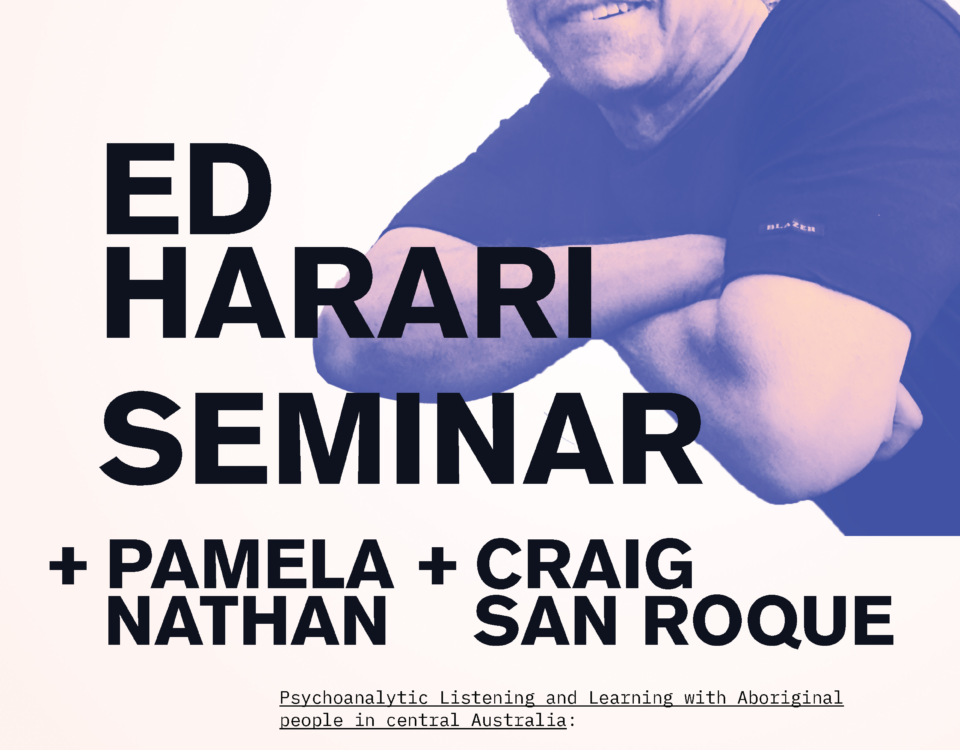Can we eliminate bullying from schools and communities?
March 29, 2012+Works response to US Massacre
January 7, 2013by Margaret Nixon
I read “NAPLAN tests take heavy toll”, by Jewel Topsfield, published in The Age today (link to article), with great interest. That the latest study by the University of Melbourne has found NAPLAN testing increases anxiety amongst children is hardly surprising. Heightened teacher anxiety in response to national curriculum and testing is a frequent finding in research conducted and published internationally.
Unfortunately, anxiety does not appear to be the only negative outcome. Just over 12 months ago, Jewel Topsfield reported on Professor Stephen Heppell’s sentiment that reforms such as National Curriculum and NAPLAN tests are effectively killing innovation in schools (Topsfield, 2011). The report stated that Professor Heppell, who was in Melbourne to address the Creative Innovations Conference, was arguing for the need for surprise and playfulness to engage students and prepare them for a world that is itself surprising (link to article).
The concerns raised by Heppell do not seem to have changed. As well as the research by Melbourne University reported today, this month we have seen new reforms from the State Minister of Education, and we have seen the progression of the national curriculum and further debates about NAPLAN. These are all themes that are not uncommon within education circles both in Australia and internationally. While there are many who may argue the merits of providing a consistent curriculum throughout our relatively small national population, there are some who see this reform as limiting the experiences for both teachers and students. National curriculum has the danger of championing course content and approaches deemed “acceptable” at the detriment of other content and approaches. There becomes a culture that promotes the “right way” of teaching an agreed content. Added to this is the ever-present sense of national testing regimes such as NAPLAN. Teachers are feeling so pressured by the culture of measuring and performance and its reflection of them in terms of worth, that creative thinking and alternative approaches to teaching and learning are stifled.
This phenomenon of anxiety and limited access to innovative approaches to teaching and learning is not confined to Australia. British writers Yuoell and Salzberger-Wittenberg et.al reflect on the school communities within the pervasive environment of limited approaches to teaching and learning and national testing. Youell writes that in a school community where there is a perceived increase in expectations and workloads along with the subtle pressure of gaining results for national testing, teachers require quick fix approaches that can be easily implemented and success easily monitored resulting in teacher anxiety regarding failure due to poor outcomes being lessened (Youell, 2006, p. 143)
The writers go on to address the particular impact of these two forces on student wellbeing. Within education in the recent years there has been an emphasis in approaches to wellbeing, social and emotional learning and behaviour management that favours the behaviourist and cognitive approach. It has been argued that teachers gravitate towards packaged curriculum that provides “skills and answers” (Salzberger-Wittenberg & Osbourne, 1999, p. 26). These approaches are based on measurable skills and behaviours that are seen to reach a desired outcome (Youell, 2006, p. 82). Youell suggests that teachers’ attraction towards and adoption of behavioural approaches may be due to their reliance on recognized targets, ways of behaving and rewards and punishment (p. 83). Within the Australian context the trend towards national and state testing and benchmarks including measures such as the “Attitude to Schools Surveys” and NAPLAN is an example of the desire for schools to be able to measure against desired visible behaviours and outcomes.
Approaches such as CASSE’s provide schools with an innovative alternative approach to wellbeing. The creating of safe and supportive environments and the understanding of the relationship between the bully, victim and bystander presents schools with an alternative to the ‘skills and answers’ packaged curriculum. The CASSE approach, informed by psychoanalytic thinking, allows for individual responses from schools, leading to a genuine sense of ownership. This is not a ‘one size fits all approach. Implementation through collaboration between the trained school facilitators and the school community provides a supportive and sustainable model.
Due to the nature of reforms such as national curriculums and testing, school communities are being limited in access to innovative approaches to address issues within their schools. CASSE provides support for schools that are seeking alternative to the current options.
Bibliography
Youell, B. (2006). The Learning Relationship. London: Karnac Books.
Salzberger-Wittenberg, I. W., & Osbourne, E. (1999). The Emotional Experience of Learning and Teaching. Abington: Routledge.
Topsfield, J. (2011, November 14). National curriculum means lack of state competition. The Age , p. 5.
Margaret Nixon is a researcher with CASSE. She has taught in various education settings, both in Australia and internationally, and has been a leading teacher for Wellbeing and Engagement. Margaret is currently developing a Visual Arts module to enhance emotional literacy and is involved in research within the area of teacher student relationships.





